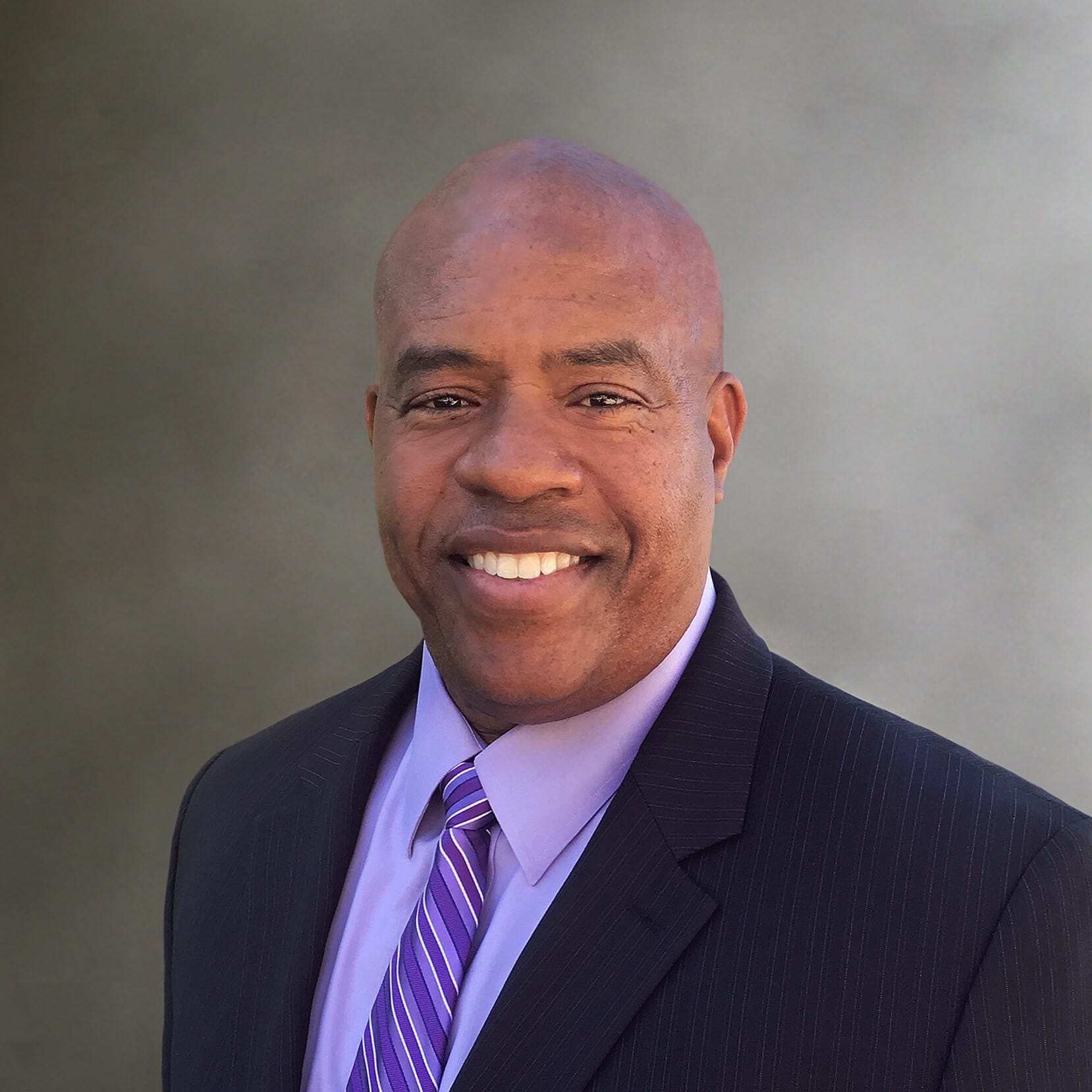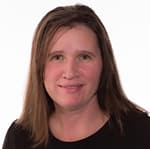Identifying and Removing Microaggressions
Last updated February 6, 2018Course Length
1h 38m
Last Updated
February 6, 2018

Identifying and Removing Microaggressions
Last updated February 6, 2018Table of Contents
Overview
Microaggressions don’t necessarily reflect bad intent but can still be very damaging. Therefore, it is important to proactively identify and address microaggressions within your department and your institution before they become a problem. Properly spotting and removing these challenging statements and actions can improve your campus climate while reducing absenteeism, turnover, and employee complaints.
This online training focuses on how you can proactively identify and remove microaggressions from your institution. In our first session, we will work toward understanding different types of microaggressions that are common in higher education and understanding what fuels these behaviors. During our second session, you will be introduced to a framework for removing implicit bias and microaggressions from your environment.
Who should attend?
If you are in a management position at your college or university, this training is for you. Anyone interested in the issue of diversity and inclusion is also encouraged to attend this webcast, including:
- Academic Leaders
- Human Resources Officers
- Chief Diversity Officers
- Equal Opportunity Officers
Agenda
Session 1: Identifying Microaggressions
- The “what” of microaggressions: understanding different types of behaviors
- Microaggressions based on everyday life
- Microaggressions based on age/race/gender/sexuality
- Microaggressions based on hierarchy/role
- The “why” of microaggressions: understanding the fuel for these behaviors
- Cultural identity
- Implicit bias
Session 2: Removing implicit bias and microaggressions
- Implicit bias removal – framework
- Microaggressions removal – framework + practice
- Interpersonal level
- Organizational level
Tagged In
$595



